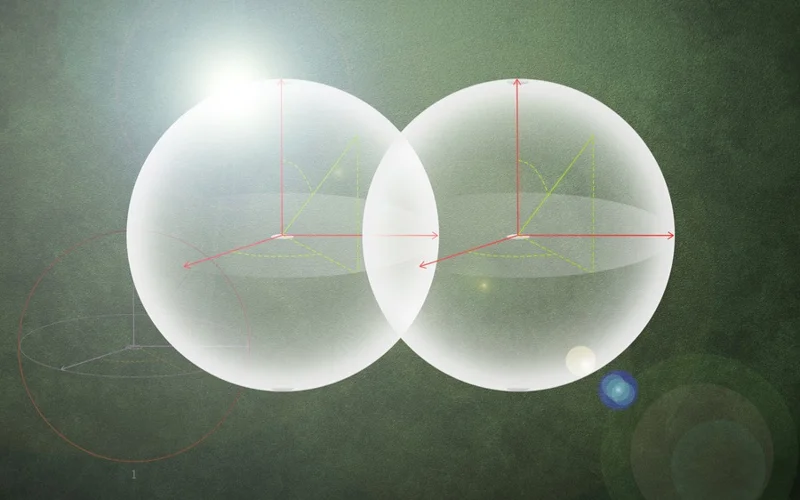MIT engineers achieve breakthrough in fast, fault-tolerant quantum computing

This breakthrough could bring us closer to building a fault-tolerant quantum computer — one that can operate reliably and solve complex problems in the real world.
One of the main challenges in quantum computing is the high likelihood of errors. To prevent these errors from disrupting calculations, the system must be checked and corrected very quickly. This requires new technologies capable of reading the state of quantum bits, or qubits, almost instantly.
The MIT team demonstrated a way to significantly strengthen the interaction between light (specifically, photons) and artificial atoms — the fundamental mechanism by which information is transmitted in quantum computers. They developed a special device, known as a quarton coupler, that boosts this interaction by about a factor of ten compared to previous attempts. This could allow quantum computers to operate much faster.
The researchers connected two qubits to the new device — one was turned into a resonator, while the other served as an artificial atom storing quantum information. By sending a microwave signal, they were able to determine the qubit’s state, a process known as readout.
Thanks to the stronger interaction between light and matter, this method of readout becomes significantly faster and more accurate. That’s especially important because qubits have a limited “lifetime” — they can only hold information for a short period of time. The faster the system can operate, the lower the chances that errors will occur.
Looking ahead, the team plans to refine the device and integrate it into more advanced quantum systems. In the future, quantum computers could rapidly simulate new materials or help scientists develop faster machine learning algorithms, opening the door to a wide range of new possibilities.
Earlier, Kazinform News Agency reported that Fujitsu Ltd. and Japan's state-backed Riken research institute had jointly developed a superconducting quantum computer that uses 256 quantum bits or qubits.

